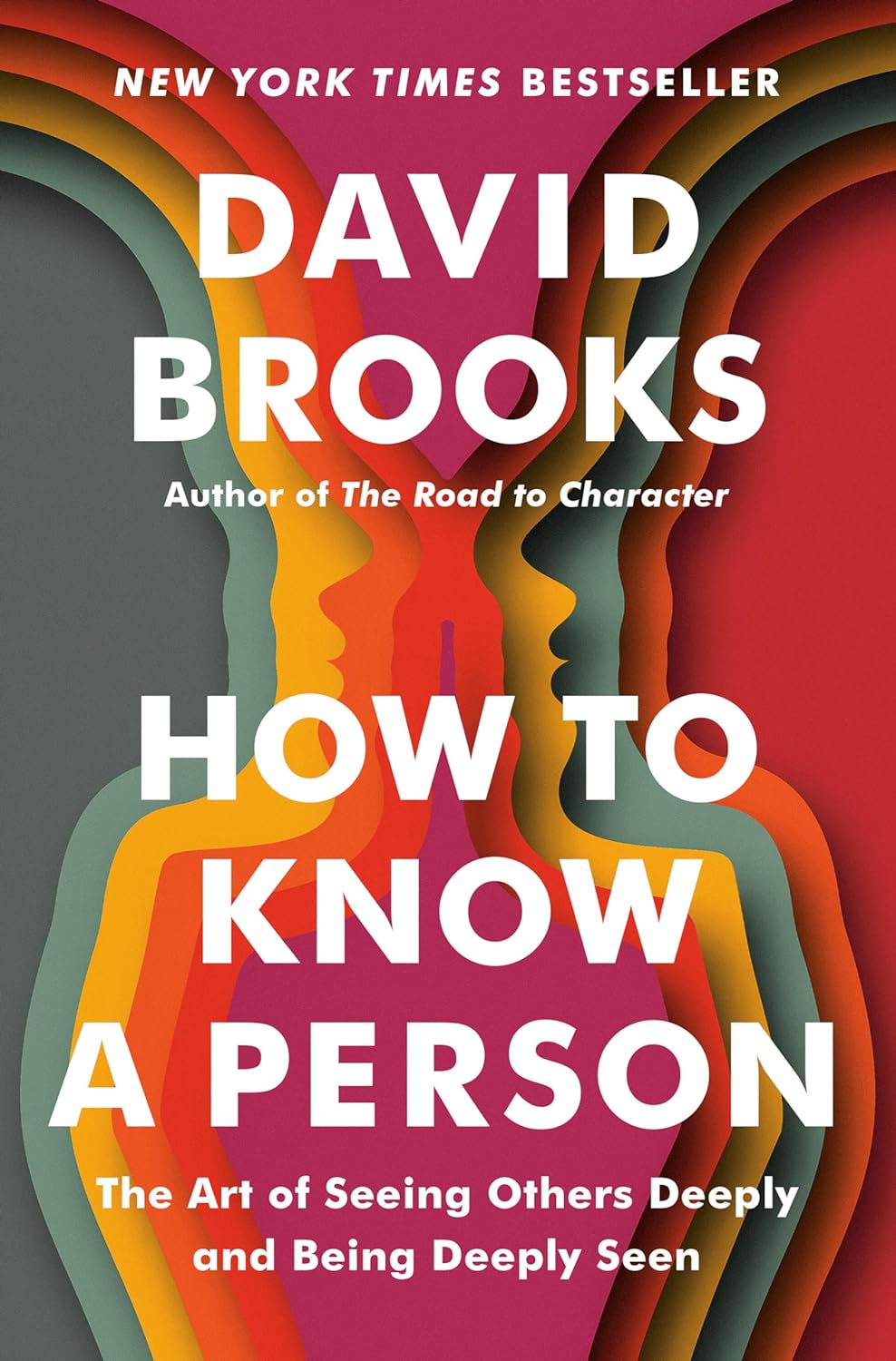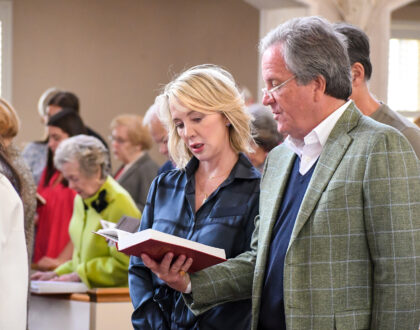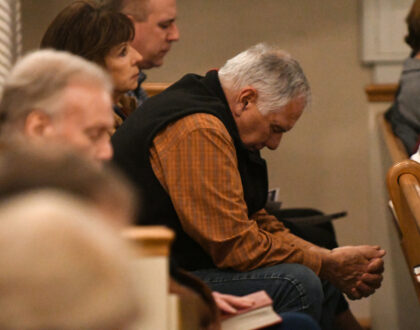Knowing, Valuing, and Appreciating People

Lent begins early this year. Ash Wednesday is next week, February 14th, Valentine’s Day. (Easter falls on Sunday, March 31st.) We will have a dinner at 5:30 p.m. and a worship service at 6:30 p.m. in our sanctuary. Mike Glenn will be bringing our message.
During Lent, we will move ahead from the Sermon on the Mount and into the life and ministry of Jesus – his teachings, healings, miracles, and parables. We will be talking about the many ways that he challenges us, heals us, and continues to change our hearts and our lives.
I have talked to a number of men in recent weeks, husbands and fathers, who find themselves struggling for a variety of reasons. In a recent conversation with Megan, I asked her, “Do you think that husbands and fathers in our culture are valued and appreciated?” Her response was quick: “Do you think wives and mothers in our culture are valued and appreciated?” It was certainly a fair response.
Generally speaking, I think women are better than men at building supportive relationships and networks. We seem to be living in an age where many people do not feel valued, heard, understood, and appreciated. Perhaps this has always been the case, but it certainly feels like it is becoming more and more common. Hence the rise in depression, anxiety, drug and alcohol abuse. We seem to live in a culture where many ask, “What can you do for me?” and if the answer is “Nothing,” others quickly move on. I once read a quote that said, “Character is defined by how you treat people who can do nothing for you.” I see a lot of truth in this statement.
I have enjoyed reading and reflecting on David Brooks’ new book, How to Know a Person. I recommend it to anybody who wants to enhance relationships with spouse, family, friendships, work, and community colleagues. As our society becomes more digital and individualized, showing genuine interest in other people is becoming less and less common. As a result, we continue to experience an epidemic of loneliness because we are failing to teach our young people how to cultivate friendship, sincere appreciation, and healthy relationships.
In researching the book, Brooks traveled the country and observed why and how the social fabric of our culture has been breaking down in recent years. He says, “We can all point to some contributing factors: social media, widening inequality, declining participation in community life, declining church attendance, rising populism and bigotry, vicious demagoguery from our media and political elites.” We can all recognize the factors that seem to be making this worse. Of course, the pandemic didn’t help. But many people have remained isolated and detached since the pandemic. They did not make the effort to plug back in. We see a lot of anger, fear, isolation, and loneliness. We don’t treat each other well. And yes, rising mental illness is a big part of it. Mental illness has clearly been the epidemic after the pandemic.
Brooks ultimately concludes in the book that, broadly speaking, we have failed to teach certain skills to our young people: treating others with kindness, generosity, and respect. He believes that “moral education” or “moral formation” is what seems to be missing. I wholeheartedly agree. He defines this in three distinct ways. First, it is about helping people learn how to restrain their selfishness and incline their hearts to care more about others. Many of the problems we see in our culture are the result of unbridled selfishness and self-absorption. It is a culture of “look at me.” Second, it’s about helping people find a purpose, so their life has stability, direction, and meaning. Too many people live day to day not knowing why they are here or what they are called to do. On top of that, they feel invisible and unheard. Third, it’s about teaching the basic social and emotional skills so you can be kind and considerate to the people around you. One of the most important fields that must be further explored is the field of Emotional Intelligence, which is far more important than your IQ, net worth, or alma mater. Some progress is being made.
Is life difficult? Absolutely. Do we all deal with setbacks and severe disappointments? Yes. Can we feel completely overwhelmed at times? Of course. But self-awareness, caring for others, and learning that we thrive in community together is important. Without this recognition, spiritual growth is hard and we all feel like we are facing life alone. Lent is a great time to dig in and grow.
Blessings,
-Clay
Recommended Posts

Emotionally Intelligent Christianity
March 26, 2025

Humility and the Challenge of Personal Growth
March 19, 2025

“A Wilderness Mindset” – Ash Wednesday homily
March 05, 2025

